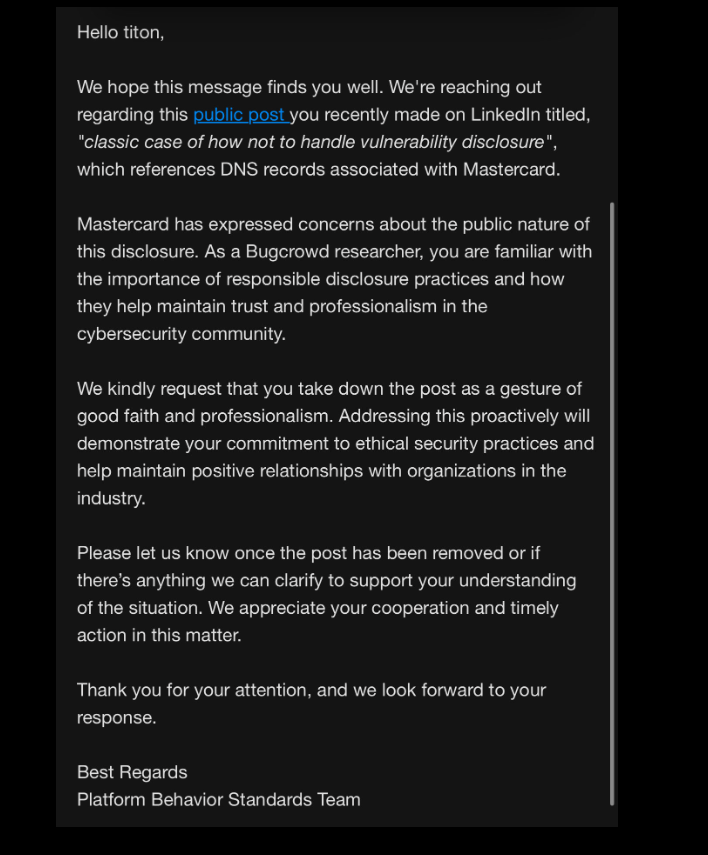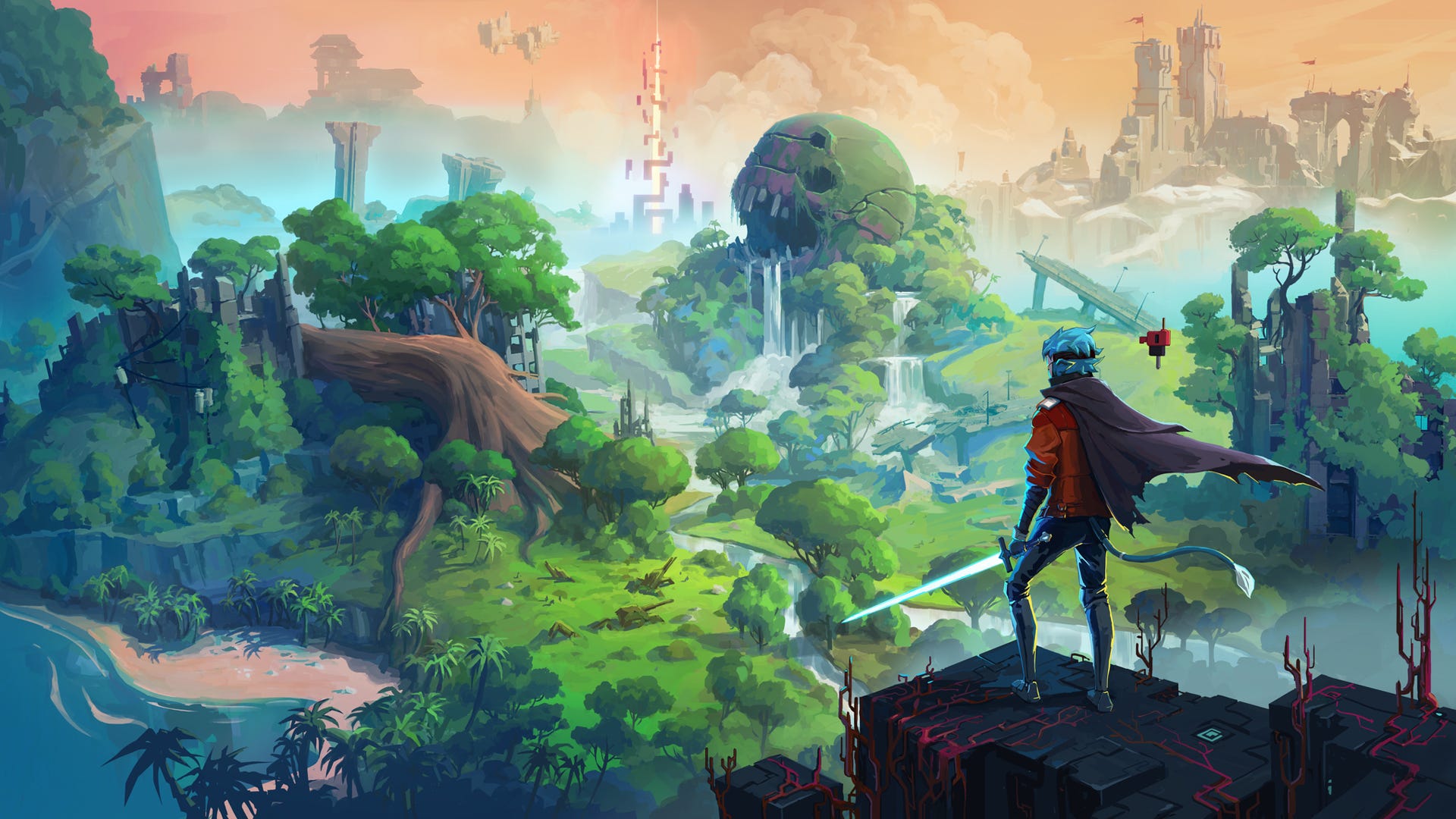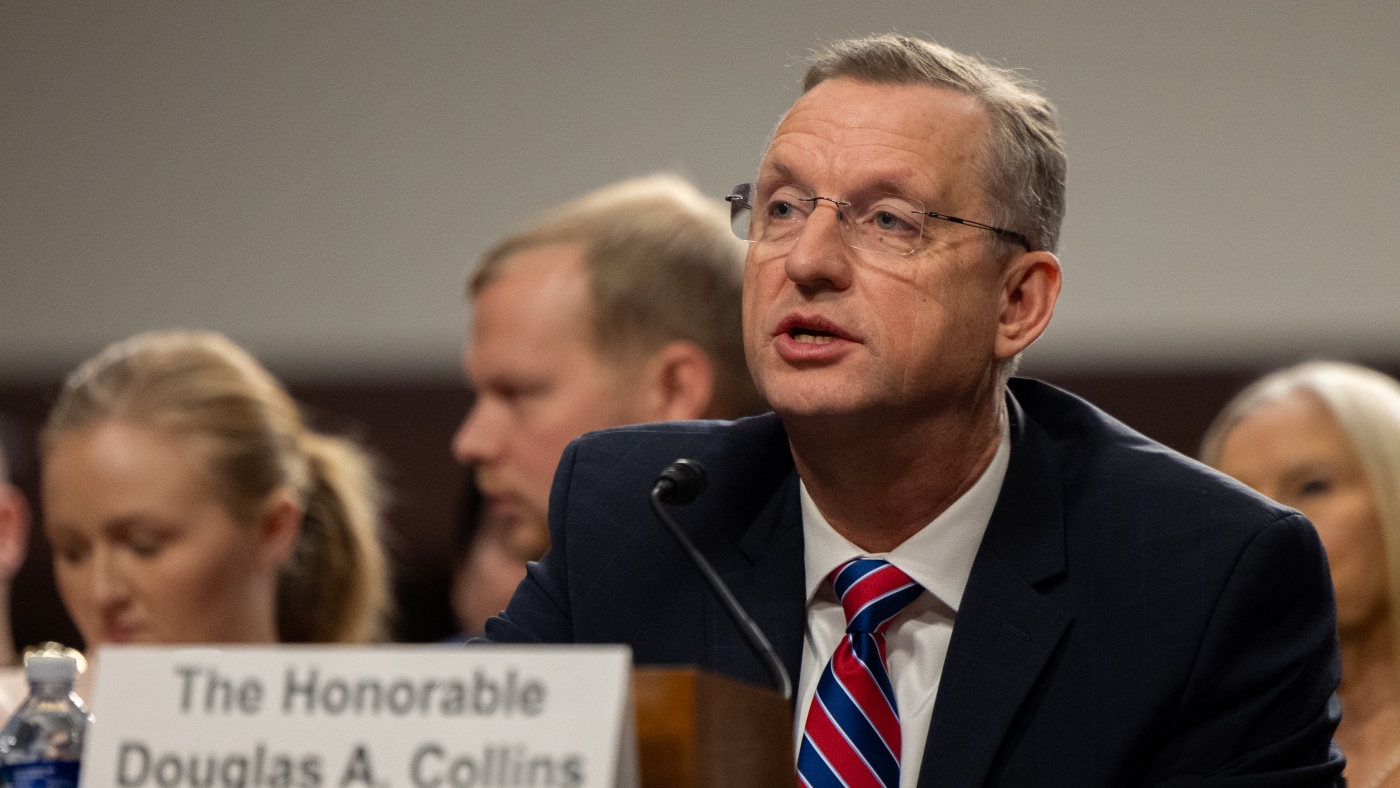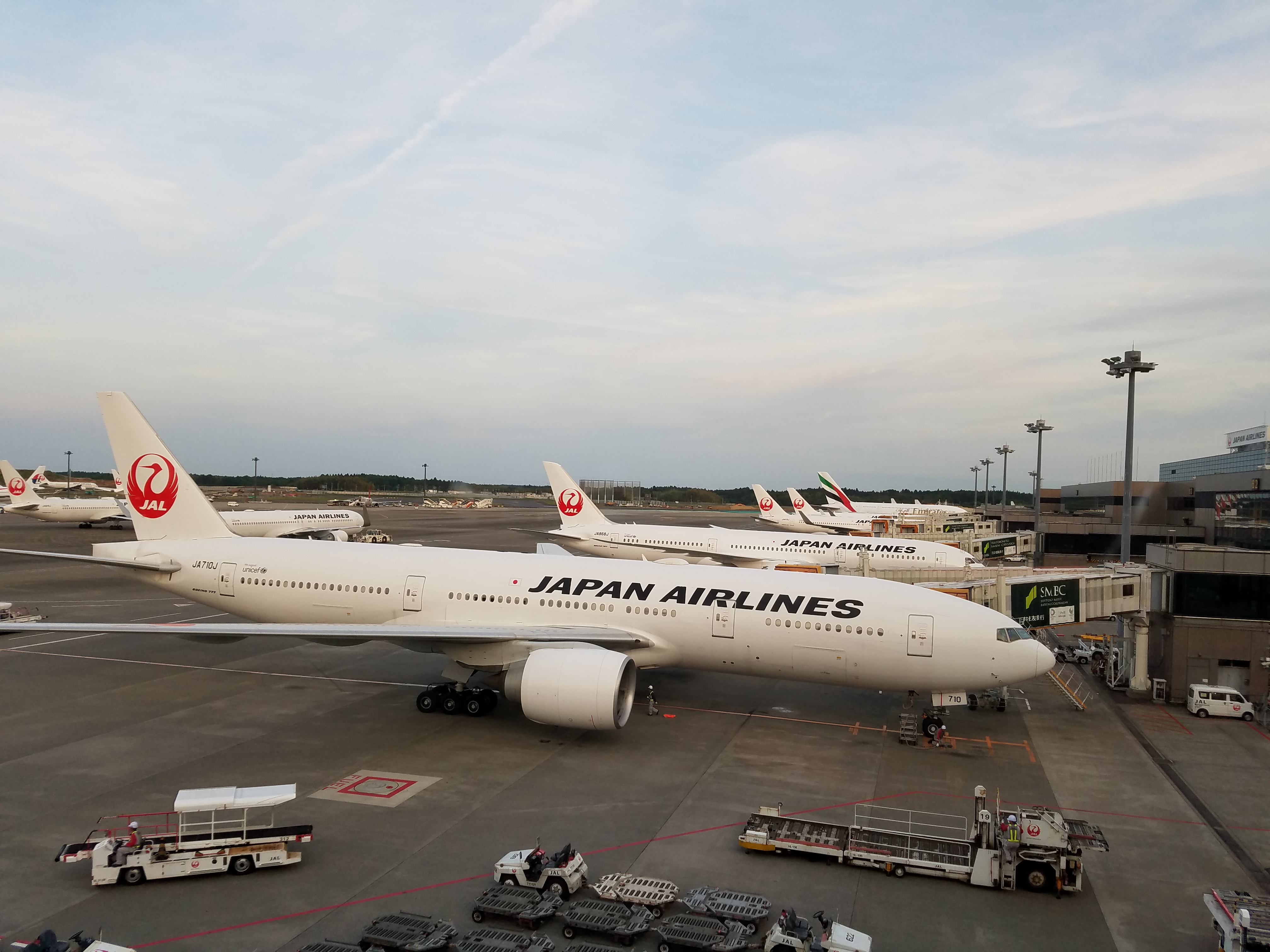Expansion made our country what it is today — let’s continue the tradition with Greenland
The stakes are high — not just for Greenland but for America's position in an increasingly unstable world.

President Trump says we need Greenland for national security reasons. To get it, he hasn’t ruled out imposing high tariffs or taking it with military force.
Greenland leader Múte Egede says the territory wants to be independent from Denmark and is open to negotiations. Meanwhile, the Kremlin says Greenland is in its sphere of interest, and they are “watching the situation very closely.”
In this geopolitical tug-of-war, America must choose whether to act boldly to secure a strategic partnership or risk losing influence to rivals like Russia and China. The stakes are high — not just for Greenland, but for America's position in an increasingly unstable world.
We should be serious about protecting the Western Hemisphere. We can and should buy Greenland if both parties benefit.
Greenland and America have a unique opportunity to forge a partnership rooted in shared values of liberty and self-determination. We should rise to meet this moment with bold vision and cooperative spirit.
On the geopolitical chessboard, Russia has expanded into Ukraine to extract resources, and China has expanded into Latin America to bolster influence and trade. China also has an army of cyber warriors targeting American ports and the power grid, while “Chinese Military Companies” have infiltrated the U.S. Thus, the interests and influence of American adversaries are growing while the U.S. remains stagnant and divided.
Pursuing our own national interest has been a priority since our nation’s founding. President Thomas Jefferson made the Louisiana Purchase. Andrew Jackson and John Quincy Adams secured Florida. John Tyler annexed Texas. James Polk negotiated boundaries for Oregon and acquired California.
Each time a territory was acquired, it was eventually added as a state and given representation in Congress. The additional land and resources created new opportunities, and statehood secured the right to self-government.
After the Civil War, William McKinley oversaw the annexation of Hawaii and victory in the Spanish-American War, which resulted in the U.S. acquiring the Philippines, Guam and Puerto Rico, freeing them from Spanish rule.
The new markets helped fuel the Industrial Revolution and increased Americans' living standards. By the 1940s, the U.S. territorial expansion secured trade routes and resources while building a population and industrial base that would support the defeat of the Nazis.
Fast-forward to today. Greenland wants independence. Its inhabitants do not feel they get a fair deal with Denmark, and they aren’t interested in becoming Americans. Greenland has made it a top priority to develop resources while maintaining high environmental standards. However, it needs significant investments and capital to carry out exploration activities.
Greenland isn’t interested in letting the U.S. or anyone else come in and just “Drill baby drill.” It wants to retain local authority and seek strategic partners and investment. But the hard question remains: What can the 56,000 residents do to stop a larger power from taking what it wants?
Joining the union would allow Greenland to retain its authority and gain independence. The U.S. would provide security from China and Russia and representation in Congress, allowing citizens direct influence over federal policies. It would provide the strategic partnership Greenland seeks while opening investment. Greenlanders would benefit from new jobs and leadership roles.
The U.S. would gain unfettered access to critical military and trade advantages while securing valuable resources like rare earth elements, oil and gas. This would help protect national security and provide the resources needed to fuel the tech age, keeping Americans safe and lowering the cost of living.
Greenland is a parliamentary democracy. If it wanted to become a state, it would need to call a convention, draft a republican state constitution and ask Congress for entry into the union.
Historical U.S. territorial expansion often served specific and narrow interests — namely, promoting slavery during the antebellum period and prioritizing corporate gains during the Progressive Era. However, by expanding the sphere of representation, future partnerships with new territories could ensure a more balanced distribution of benefits.
Bringing Greenland into the union and extending America’s sphere of power will help balance the fractious geopolitical chessboard, making us less dependent on our adversaries for critical resources and trade routes.
Tense moments require bold leaders to find creative solutions to complex problems. America’s adversaries are encircling us, and indecision is no longer an option. By extending the sphere to include Greenland, we not only gain a vital partner in liberty and democracy but also reaffirm our commitment to shared values of self-determination and mutual prosperity. A partnership with Greenland ensures stability, security and opportunity in a fractured world — and sets a precedent for the next great chapter of American leadership.
Jeff Mayhugh is the founding editor of Politics and Parenting and vice president at No Cap Fund.
What's Your Reaction?






























.jpg?width=1920&height=1920&fit=bounds&quality=80&format=jpg&auto=webp#)




















































